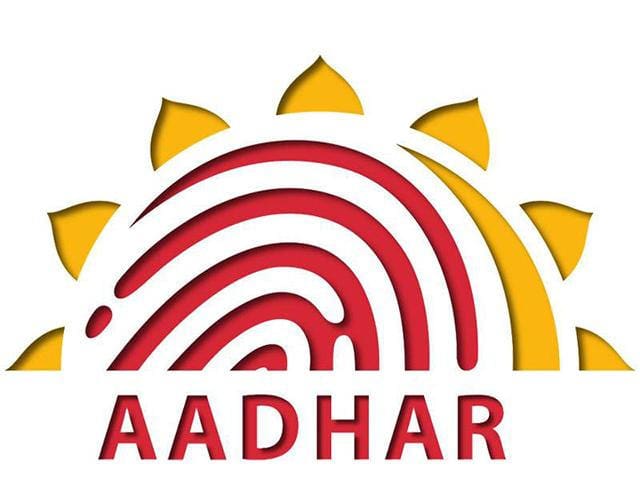New Delhi: The Supreme Court’s five-judge Constitution Bench, led by Chief Justice Dipak Misra, said Aadhaar is meant to help benefits reach the marginalised sections of the society and takes into account the dignity of people not only from personal but also from community point of view.
The top court in a historic and long-awaited judgment on Wednesday upheld the validity of the Aadhaar, but read down multiple sections of the Act. In a nutshell, while Aadhaar is constitutionally valid, it is not mandatory for all services.
The court said Aadhaar is meant to help benefits reach the marginalised sections of the society and takes into account the dignity of people not only from personal but also from community point of view.
Here is a list of services that do not require mandatory Aadhaar:
Bank Accounts: The SC in its judgment on Wednesday said, “Bank account need not be linked with Aadhaar.”
Mobile Numbers: Earlier in its order it said that to get a new SIM card and also for existing mobile number holders, Aadhaar was compulsory. Reading this down, the apex court ruled that mobile numbers need not be linked with Aadhaar.
Schools: The SC said, “Education will not be denied to any student in the event of no Aadhaar.” Along with this, the SC also said that all social schemes provided in schools cannot be denied to any child on the basis of no Aadhaar.
Exams: Further, the SC said that Central Board of Secondary Education and NEET exams will not need Aadhaar anymore.
Private Bodies: The court also ruled that schools cannot insist on Aadhaar and read down Section 57 of the Act, barring sharing of information with corporate bodies.

